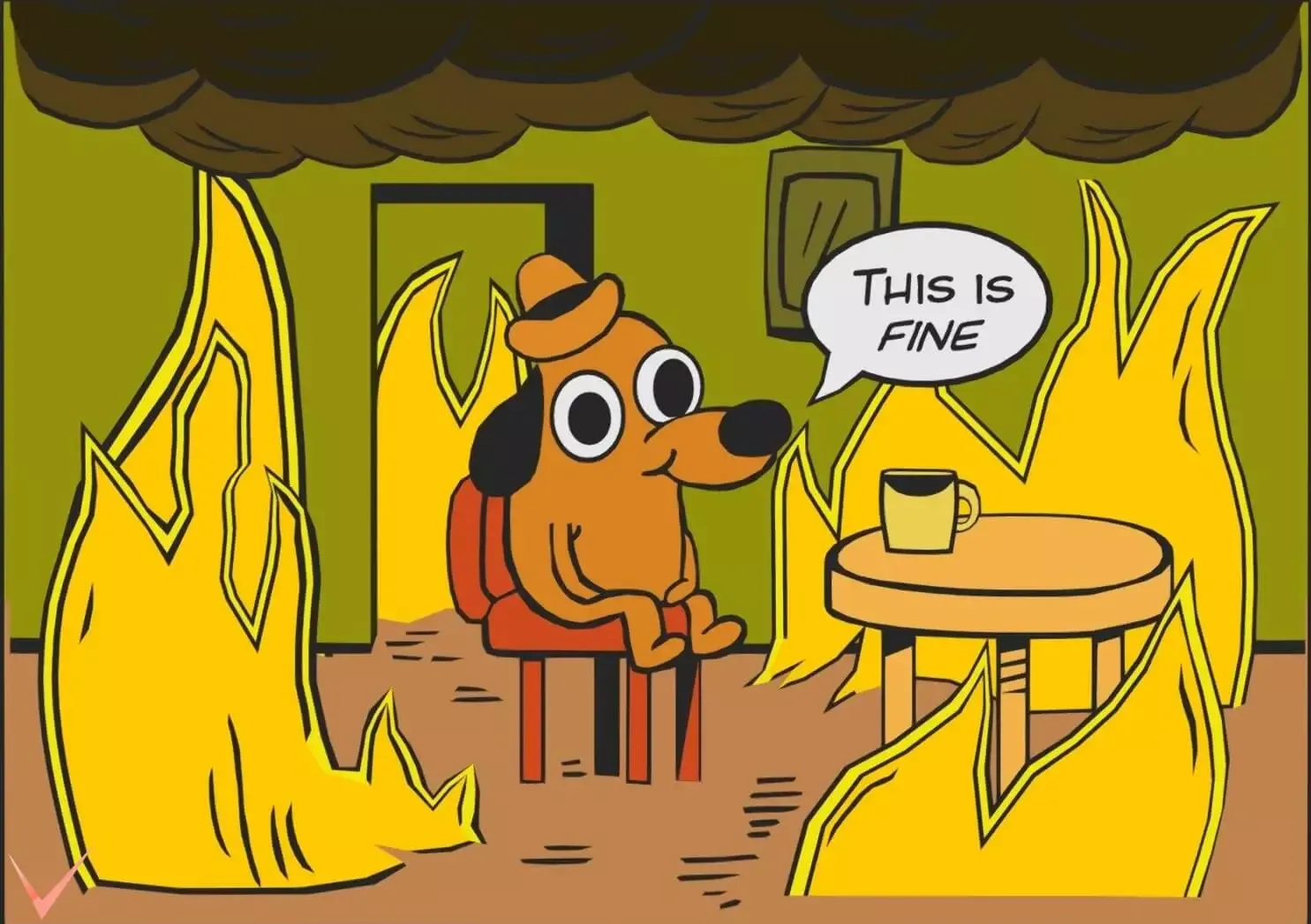What is the Normalcy Bias?
There are many examples of normalcy bias in the business world. The now-infamous decision Blockbuster made to turn down Netflix’s offer for acquisition in the early 2000s is a well-documented case of normalcy bias in the corporate sector. When a disruption appears, business leaders often believe that it’s an anomaly and that customers won’t stray from their normal habits. Browsing for VHS and DVD copies of movies was the standard Friday night practice for Blockbuster’s customers. Netflix’s newfangled idea to mail DVDs, and later to stream movies right into homes, triggered Blockbuster’s normalcy bias. And the deal was dead, along with Blockbuster.
Examples of Normalcy Bias
The now-infamous decision Blockbuster made to turn down Netflix’s offer for acquisition in the early 2000s is a well-documented case of normalcy bias in the corporate sector.
How Can We Overcome the Normalcy Bias?
- Is my decision-making process based on what I have learned, or what other people have told me? Collaboration can be a powerful tool. However, in situations where you might need to make a decision for yourself, you will need to ask yourself the following questions. Are you acting rationally and independently on the information you’ve gathered? Or, have you simply adopted the ideas of others as your own?
- Do I have evidence and data to support my thinking or is my proof anecdotal? Human beings understand complex situations through storytelling. It is our primary way to understand the world around us. However, we need to be mindful in situations like a natural disaster or a widespread disease. In these cases, relying on anecdotal evidence can cause us to reject collective data that might tell us something different. A common example is to rely on a single story of one person’s experience,
- Am I comfortable with being wrong? Our biases are incredibly convincing! Evolutionarily, we have learned to make quick judgements and decisions to persevere. To counteract them, we must first contend with the possibility that our initial thinking and gut reactions are potentially incorrect. Only then can critical thinking move us to new and helpful information.
By Helen Lee Bouygues, President of the Reboot Foundation



